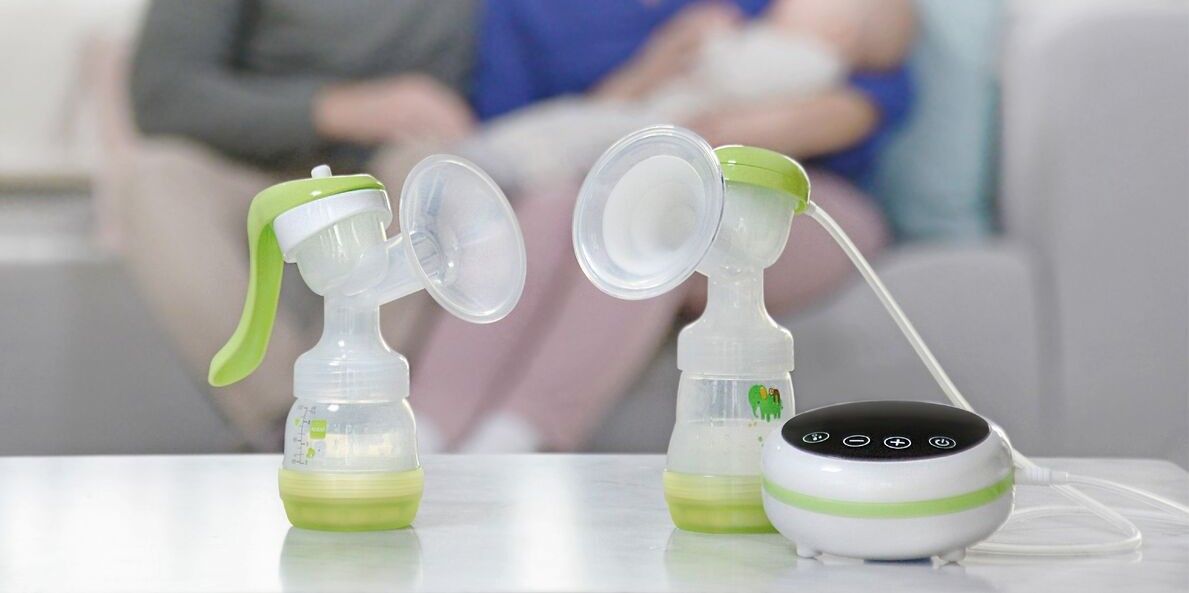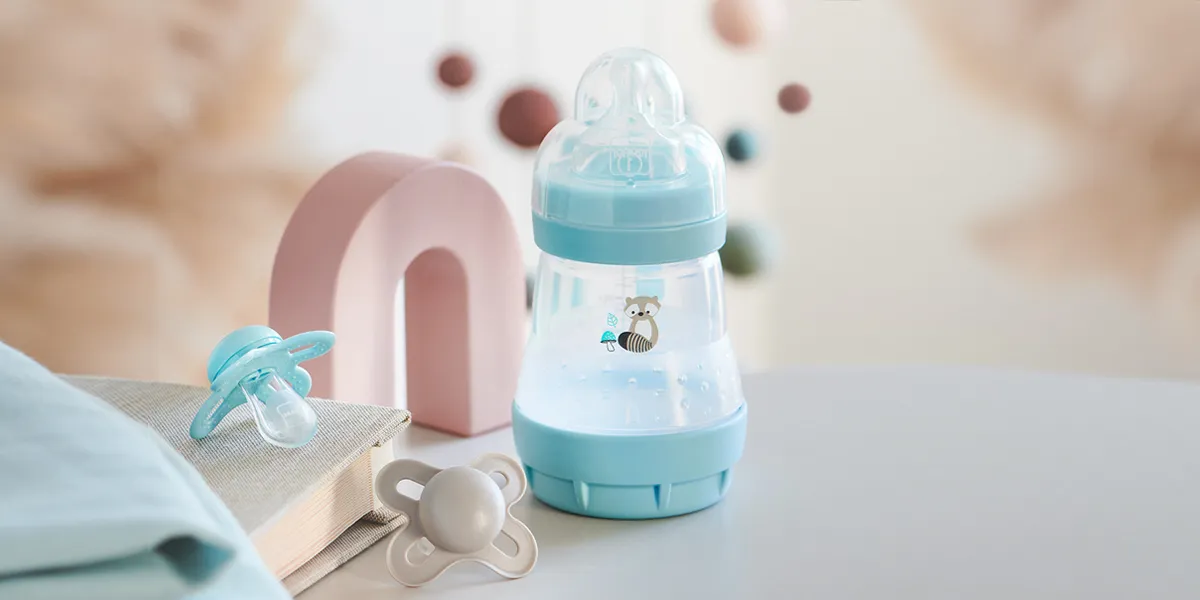At six weeks pregnant, you reach a big milestone: your baby’s heart starts beating! Keep reading to find out what else is going on in your belly at this stage of pregnancy.
What's Going On in Your Belly Right Now?
The first heartbeat is very slow initially, but then it starts to race: A baby's heart beats about twice as fast as that of an adult! The tiny disk growing in your stomach has turned into a little worm. Your baby’s mouth is opening, and its stomach and kidneys are already starting to work!
Your baby is now the size of a pea.

The lungs, liver, intestines, and thyroid gland are now formed. There is a tail-like appendage that will disappear with time. The arms and legs are like tiny, inconspicuous paddles. The eyes, ears, and chin also begin to develop in the form of small folds. Around the middle of week six, the neural tube (the connection between the brain and spinal cord) is fully formed.
The embryo is roughly 5 mm long and grows one millimeter every day!
How Do You Feel at 6 Weeks Pregnant?
Even if you can hardly wait to see your baby on the ultrasound, your doctor may tell you to wait until week eight or nine of your pregnancy before coming in for a checkup. Being patient may save yourself some anxiety, since it is possible that the heartbeat is not yet detectable at this stage.
If you do have an examination at this point, your doctor will usually record an accurate medical history and discuss any previous illnesses with you, in addition to checking your weight. Your doctor will also explain what you should think about when it comes to your diet and activity level.
A few days can make a big difference at this stage of development. Because very few women know exactly when fertilization took place, it is not possible to say exactly how far the pregnancy has progressed – so do not worry if there is not much to see during the examination, or if the baby's heart is not beating just yet.
There are some things you can do to support your pregnancy: eat as healthily as possible and seek advice on how to supplement your diet with folic acid and other nutrients. Getting plenty of sleep and rest is also important to give your body the energy it needs for the big task ahead.
While some women do not feel any changes yet, others experience a wave of strong emotions, much like the feelings that accompany severe PMS. Mood swings are caused by the unusual hormone concentration, which will generally settle down by week 12.
Until then, many pregnant women are also forced to deal with morning sickness and circulation problems.
Natural remedies and methods such as acupuncture can also help against various pregnancy-related problems. Never take anything without seeking advice from your doctor first.
If you are considering giving birth with your own midwife, it is definitely a good idea to start making appointments now so you can get to know her.
Photo Credits: Unsplash




























